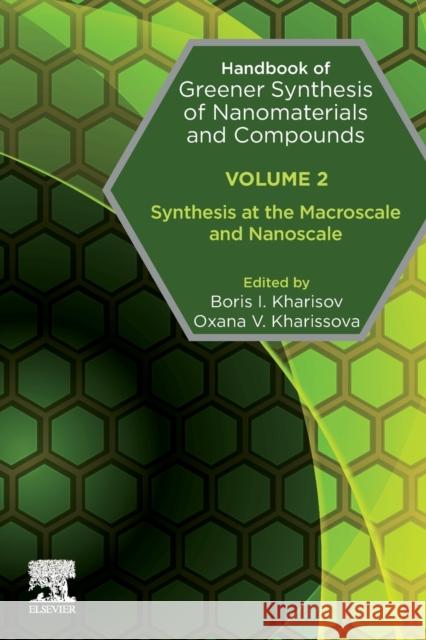Handbook of Greener Synthesis of Nanomaterials and Compounds: Volume 2: Synthesis at the Macroscale and Nanoscale » książka
topmenu
Handbook of Greener Synthesis of Nanomaterials and Compounds: Volume 2: Synthesis at the Macroscale and Nanoscale
ISBN-13: 9780128224465 / Angielski / Miękka / 2021 / 680 str.
Handbook of Greener Synthesis of Nanomaterials and Compounds: Volume 2: Synthesis at the Macroscale and Nanoscale
ISBN-13: 9780128224465 / Angielski / Miękka / 2021 / 680 str.
cena 951,16
(netto: 905,87 VAT: 5%)
Najniższa cena z 30 dni: 941,44
(netto: 905,87 VAT: 5%)
Najniższa cena z 30 dni: 941,44
Termin realizacji zamówienia:
ok. 30 dni roboczych.
ok. 30 dni roboczych.
Darmowa dostawa!
Kategorie:
Kategorie BISAC:
Wydawca:
Elsevier
Język:
Angielski
ISBN-13:
9780128224465
Rok wydania:
2021
Ilość stron:
680
Waga:
0.89 kg
Wymiary:
22.86 x 15.24 x 3.45
Oprawa:
Miękka
Wolumenów:
01
Dodatkowe informacje:
Bibliografia











